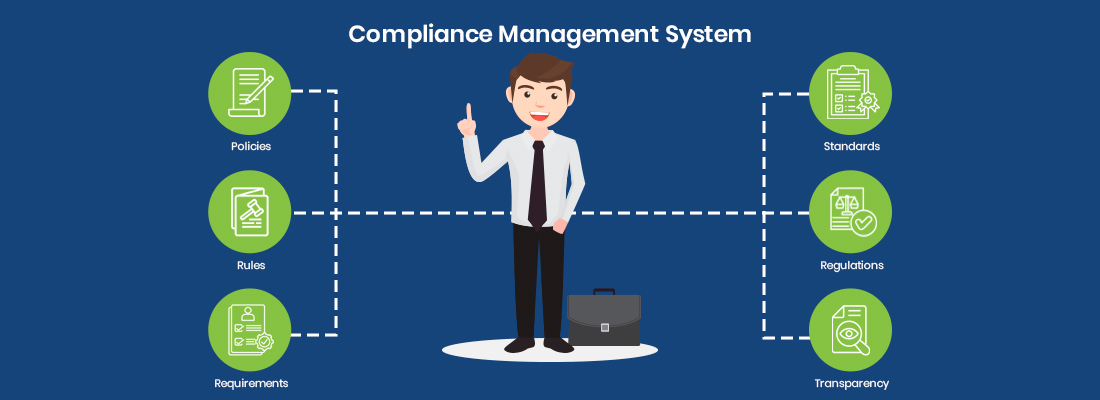Last Updated on June 13, 2024
Clinical trials serve as crucial medical investigations where new treatments or interventions, such as drugs, behavioral therapies, or devices, undergo testing to ensure their safety and effectiveness for patient use. They also evaluate whether a new treatment surpasses the performance of existing treatments or has fewer side effects. Given their significant impact on treatment protocols, patient well-being, and outcomes, it is imperative that clinical trials adhere to rigorous and well-defined standards throughout their execution.
Importance of Compliance in Clinical Trials
Compliance in Clinical Trials is all about the reliability of the research findings, the safety of the participants, and the integrity of the scientific process. Ensuring compliance means that the data collected during a trial is accurate and impartial, allowing researchers to draw meaningful conclusions about the safety and efficacy of new treatments. Without adhering to strict regulations, the validity of the trial results may be questioned, resulting in doubt on the credibility of the entire research effort.
Furthermore, improving compliance in clinical trials is crucial for safeguarding the rights and welfare of trial participants. Ethical considerations are essential in clinical research, and following ethical guidelines ensures that participants are treated with respect and dignity throughout the clinical trial process. From obtaining informed consent to keeping an eye on adverse events, compliance is necessary to safeguard the well-being of those who volunteer to participate in clinical trials.
Also Read: Advancing Medicine: Highest Paid Clinical Trials Near You In Texas
Critical Elements for Enhancing Patient Compliance in Clinical Trials

For improving patient compliance in clinical trials, there are set instructions just like a certain recipe. The protocol is like a recipe, highlighting everything from the eligibility criteria for participants (such as age and health conditions) to the amount of the new treatment and how often it is administered. Adherence to the plan ensures researchers gather the necessary data to determine if the treatment is safe and effective, such as following a recipe ensures that dish turns out as intended.
There are certain key elements that are put in focus for improving compliance in clinical trials:
Adherence To Protocol’s Guidelines:
Divergence from the protocol, such as providing incomplete or missing information, can be harmful to the reliability of data in clinical trials. Participant adherence to the protocol is crucial and deviations from it, such as missing scheduled tests or inaccurately reporting side effects, can further compromise the reliability of the data.
Participant Protection:
Clinical trials are designed with participant safety as the primary priority. The protocol is a guide to minimize risks. Skipping steps or altering dosages could expose individuals to unknown adverse consequences. Improving compliance in clinical trials ensures they are protected during the trial.
Public Confidence:
When new treatments hit the market, public trust is paramount. If news breaks about a poorly conducted trial, it can raise red flags about the treatment. Compliance promotes trust by guaranteeing the research was conducted with the highest level of integrity.
Building Compliance in Clinical Trials: How?

- Communication: Researchers need to be crystal clear about the protocol. Participants deserve to understand their role, the treatment details, and what’s expected of them. Think of it as setting clear expectations upfront.
- Educate and Engage: Participants get more involved the more they learn about the treatment and how crucial compliance is. Education enhances participants’ ability to ask questions and engage in their treatment.
- Realistic Procedures: Overly complicated protocols can lead to a drop-out. Designing realistic protocols that minimize the burden on participants, such as flexible scheduling or reminder systems, can significantly enhance adherence.
- Monitoring and Support: Like a good coach, researchers must keep an eye on the trial’s advancement. This enables them to see any compliance in clinical trial problems early on and help those who might be having trouble following the procedure.
Also Read: Benefits Of Clinical Trials – The Heart Of Medical Research
The Bottom Line
The significance of compliance in clinical trials cannot be overstated. It is the cornerstone of trustworthiness, providing the validity and safety of new treatments. By adhering to rigorous standards and protocols, researchers uphold the integrity of the scientific process, safeguard the rights and welfare of trial participants, and bolster public confidence in healthcare advancements.
Furthermore, enhancing compliance in clinical trials requires a multifaceted approach. Clear communication, education, and engagement empower participants to take an active role in their treatment journey, enhancing their understanding of the importance of adherence. Realistic procedures and ongoing monitoring provide essential support, minimizing barriers to compliance and maximizing trial outcomes.
As medical research and innovation unfolds, maintaining commitment to compliance is crucial. Fostering a culture of adherence and accountability accelerates the development of safe and effective treatments, ultimately improving patient outcomes and advancing healthcare for all.

